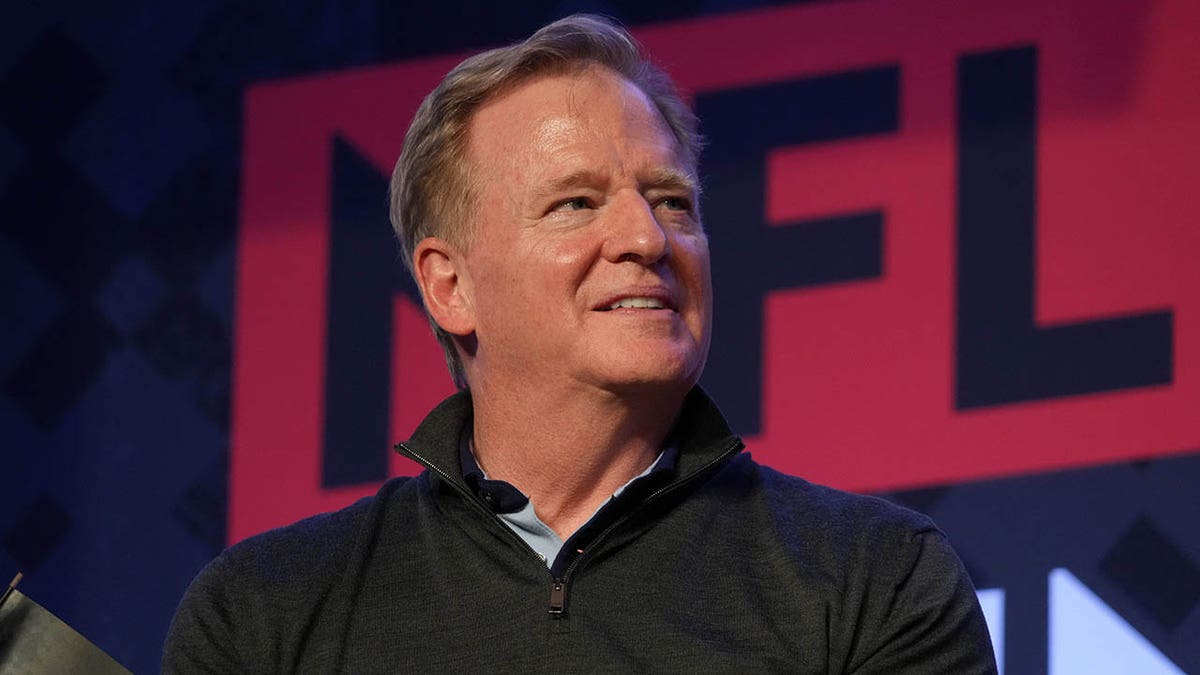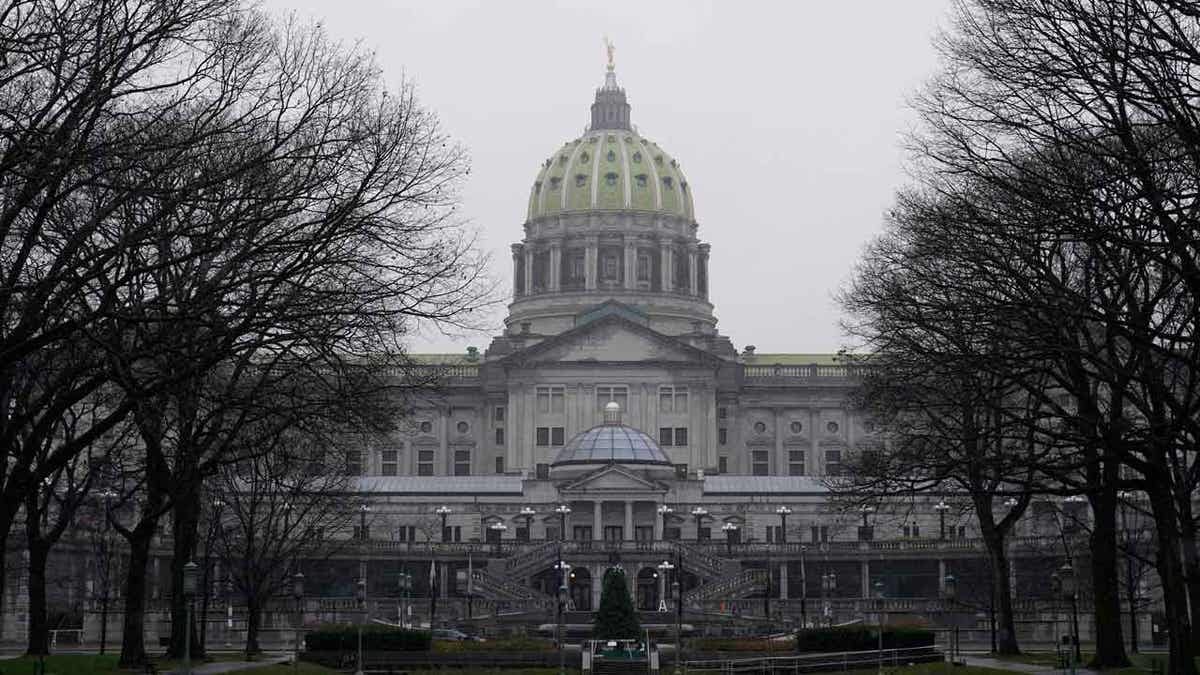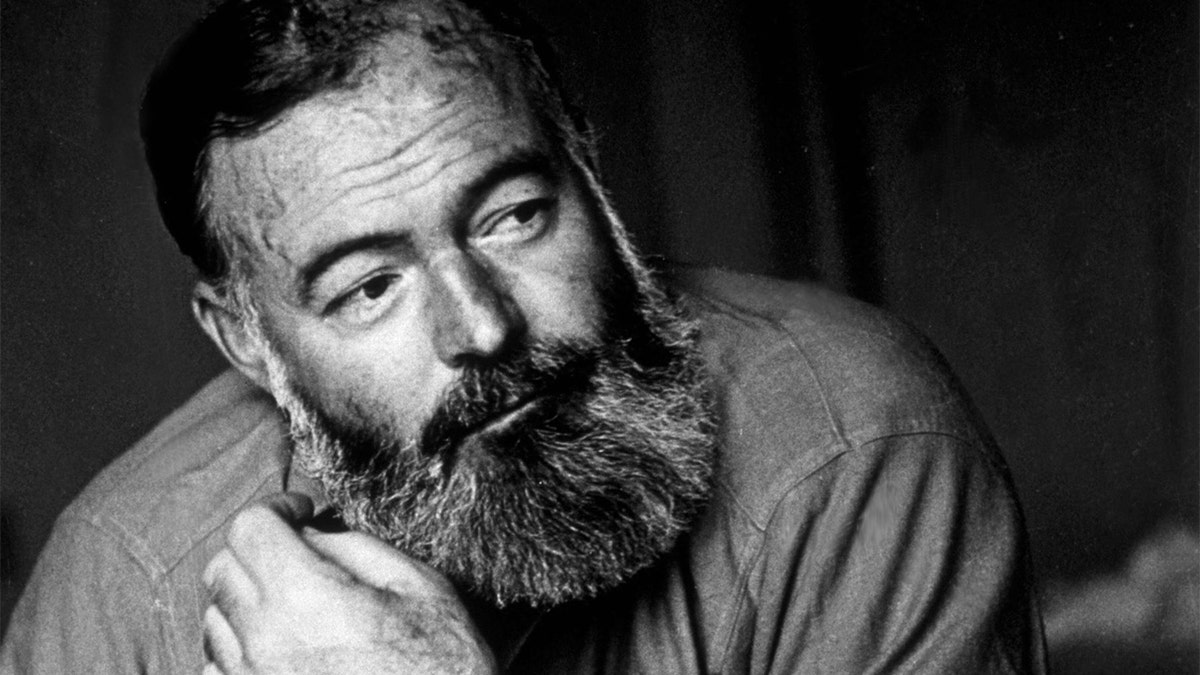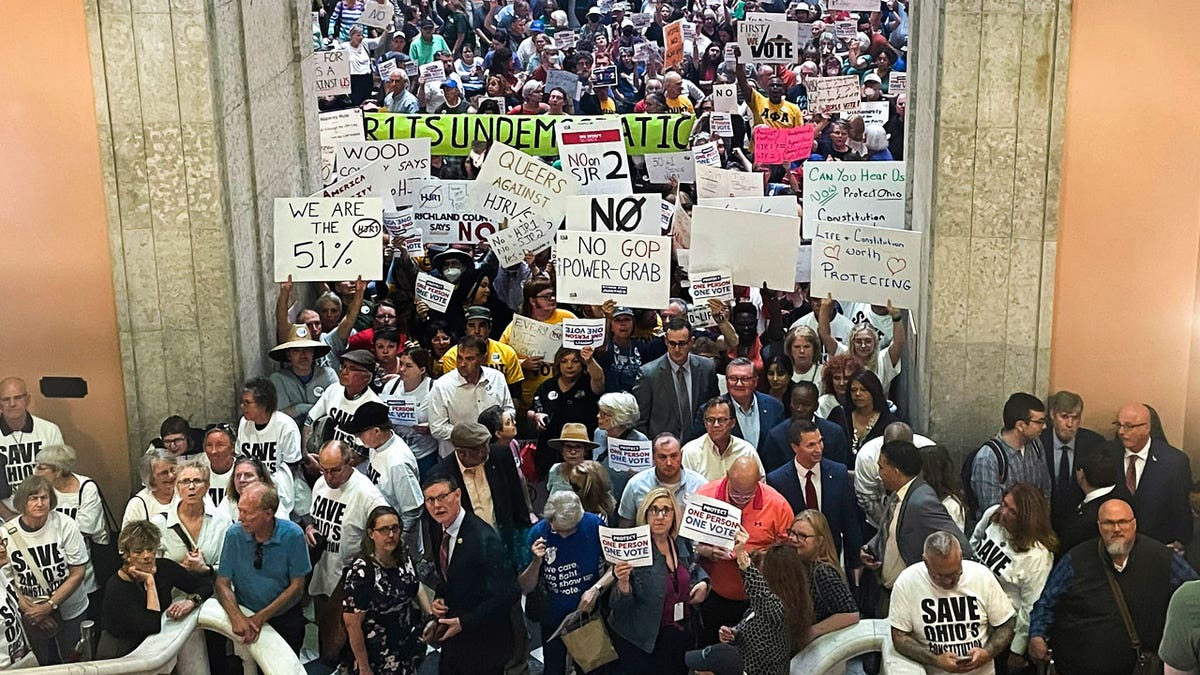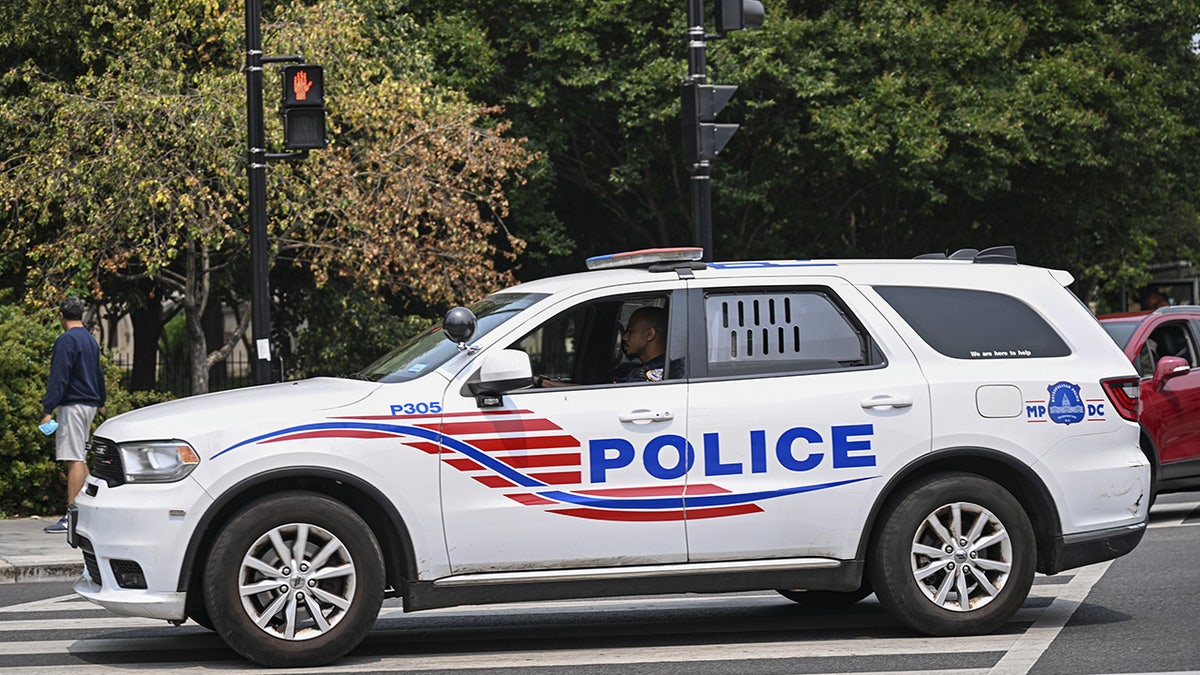In remarks preceding former President Jimmy Carter's funeral, President-elect Trump expressed his disapproval of Carter's handling of the Panama Canal treaty, calling it a "very big mistake." Trump asserted his belief that the ceding of the canal, a structure he wishes the U.S. to regain control of, was a pivotal factor in Carter's 1980 election loss to Ronald Reagan. He labeled it a "bad part of the Carter legacy," while still acknowledging Carter as a "good man" and "a very fine person."
Trump estimated the cost of the canal's construction to be equivalent to a trillion dollars or more in today's money and lamented the perceived symbolic $1 sale price to Panama, a detail not supported by the treaty's terms. He reiterated his disapproval of the handover in Palm Beach, Florida, while also praising Carter's character, highlighting a contrast between his personal respect for Carter and his disagreement with Carter's political decisions.
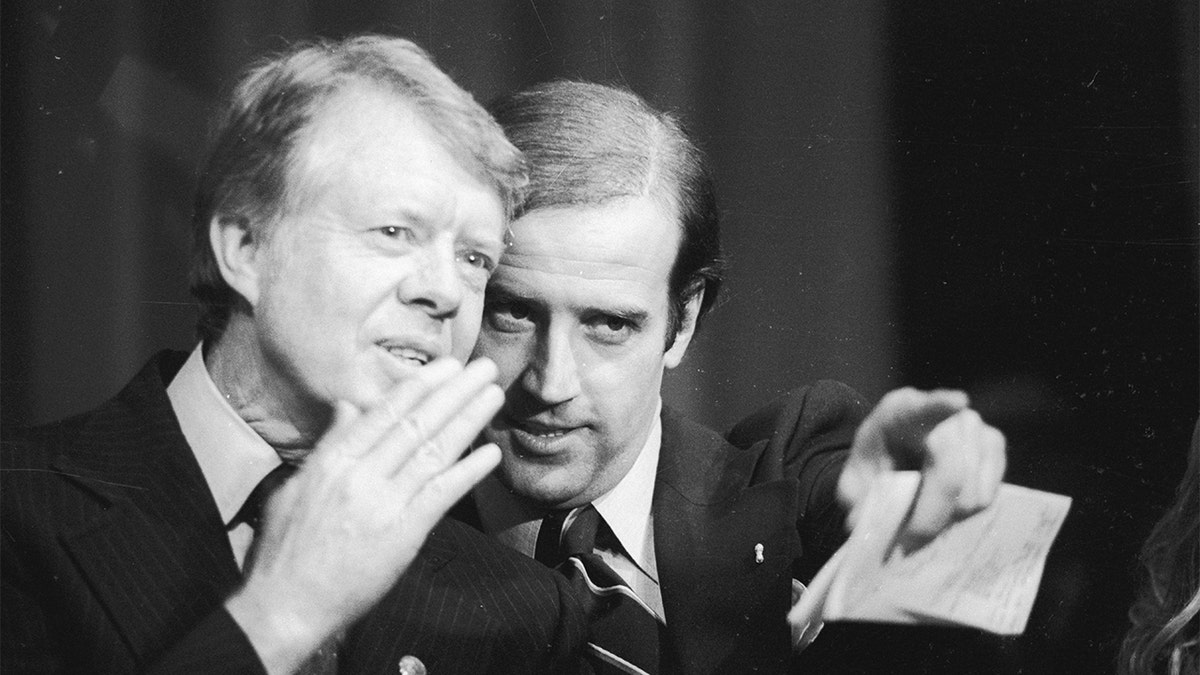
Trump's stance echoes historical sentiments, including those of Theodore Roosevelt, who celebrated the U.S.'s role in the canal's creation in the early 1900s. Roosevelt's approach involved recognizing Panama's independence from Colombia, effectively sidestepping Colombian resistance to U.S. control of the canal project. Trump's position has garnered support even from his usual critics, such as Meghan McCain, who agreed with his assessment of the canal issue, referencing her father's birth in the Panama Canal Zone.
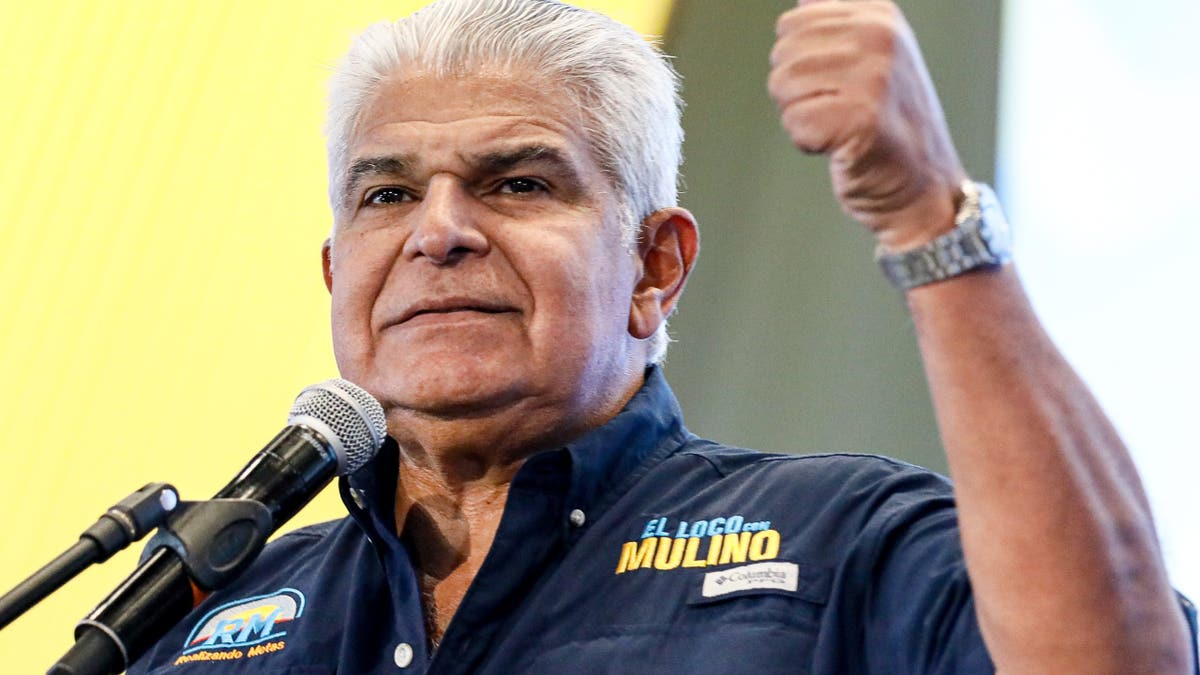
The late Senator Strom Thurmond also voiced concerns about the canal negotiations in the 1970s, warning of potential negative consequences in Latin America. He led a group of senators in opposing the transfer of U.S. sovereignty in the Canal Zone. Despite these historical concerns, Carter's negotiations resulted in Panama assuming full control of the canal by 1999. This action stands in contrast to his successful brokering of the enduring peace accords between Egypt and Israel.
Trump's criticism of the Panama Canal treaty resurfaces a complex historical debate, juxtaposing his perspective against Carter's legacy and the historical context surrounding the canal's creation and transfer of control.

